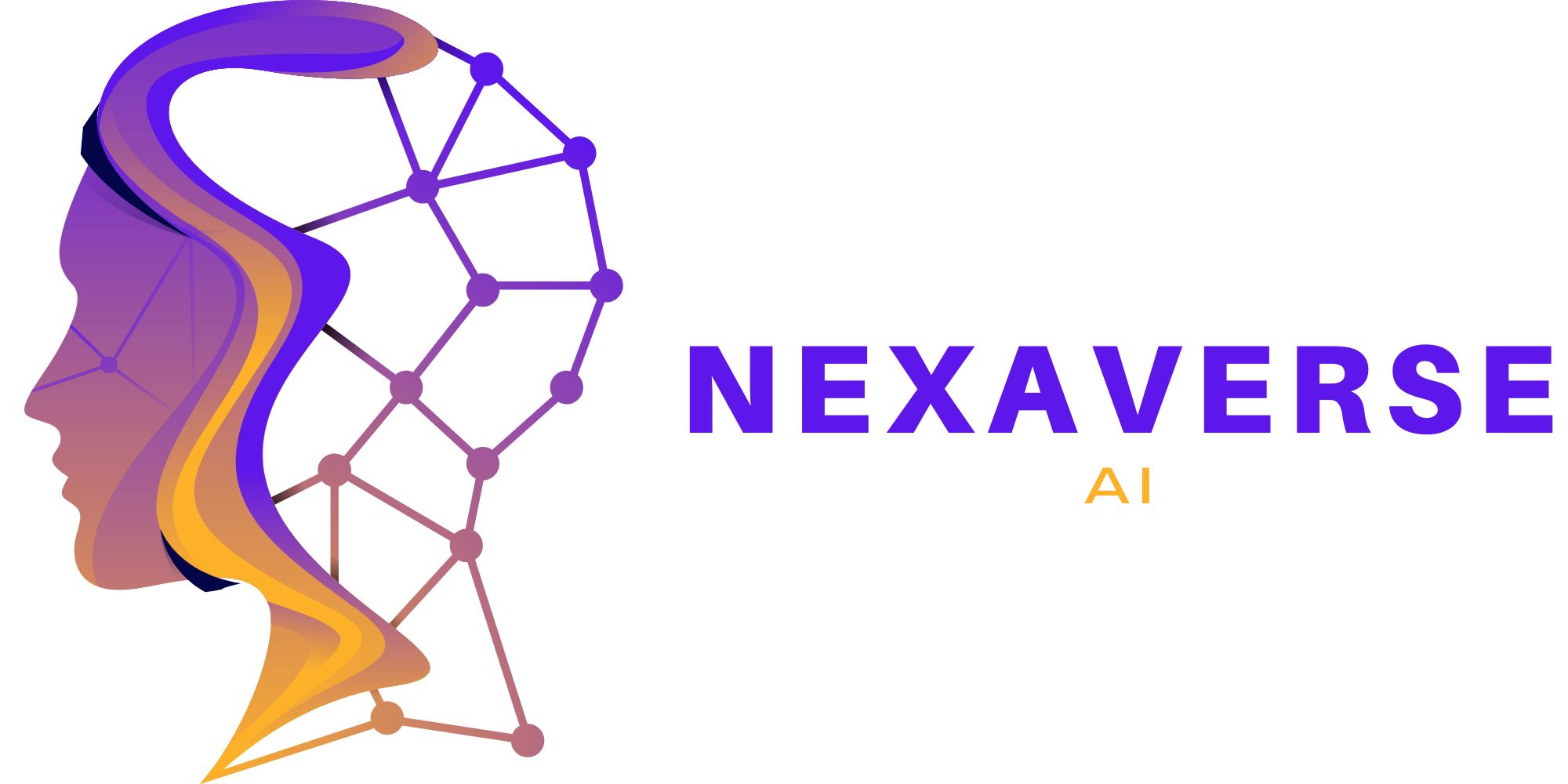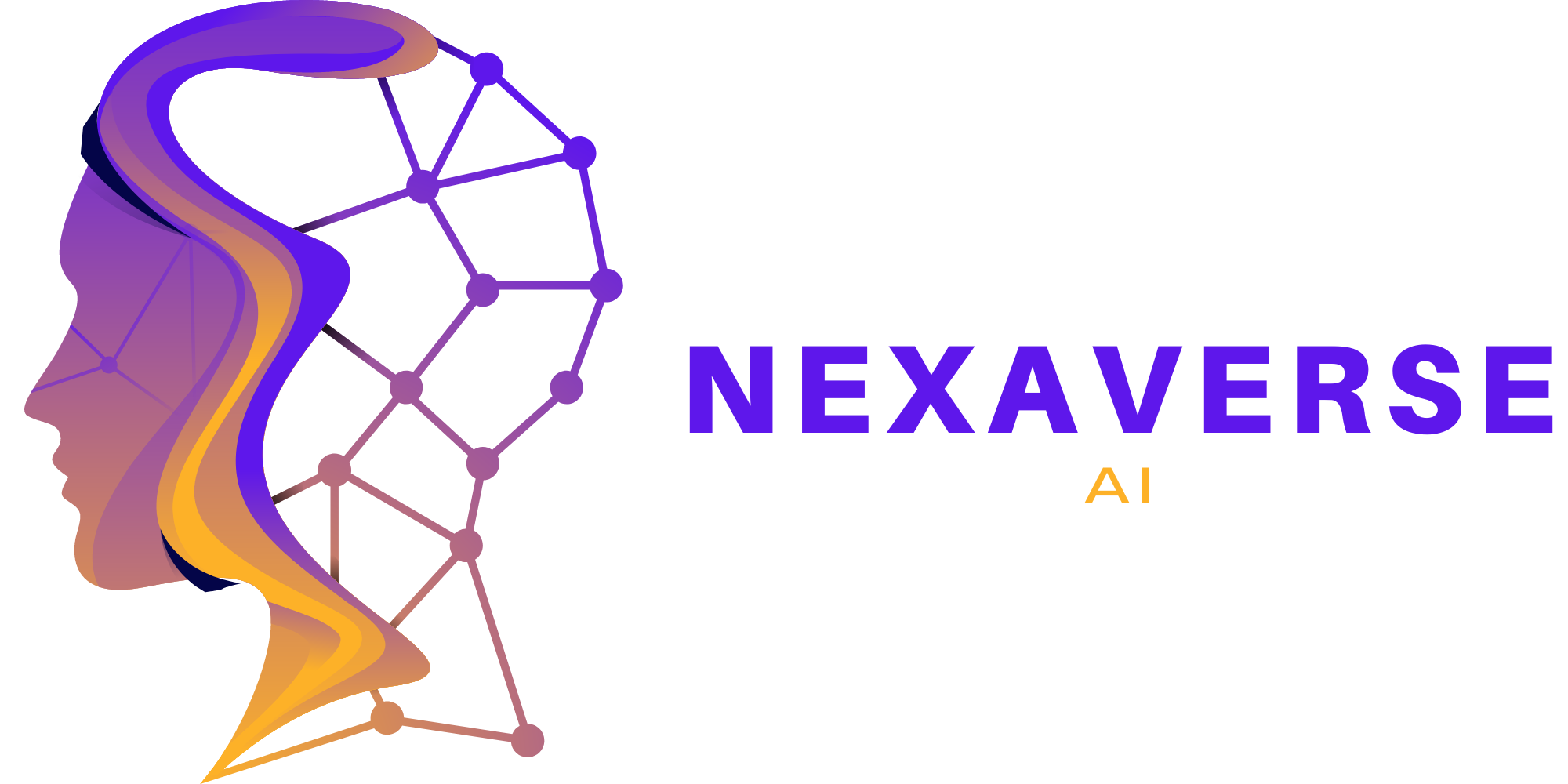The Future of Transportation: From Autonomous Vehicles to Smart Traffic Management
Discover how AI is revolutionizing the transportation sector with autonomous vehicles and smart traffic management systems. Learn about the benefits, challenges, and future prospects of AI in transportation.

Revolutionizing the Way We Move
In an era where technological advancements are reshaping various industries, the transportation sector is no exception. From autonomous vehicles to smart traffic management systems, AI is revolutionizing the way we move. With the potential to improve road safety, reduce traffic congestion, and enhance transportation efficiency, these innovative solutions are paving the way for a smarter and more sustainable future of transportation.
Discover how AI is transforming the transportation industry and the benefits it brings to both commuters and businesses.
Enhancing Road Safety with Autonomous Vehicles
One of the most exciting applications of AI in transportation is the development of autonomous vehicles. These self-driving cars leverage advanced sensors, machine learning algorithms, and real-time data processing to navigate roads and make informed decisions without human intervention.
With autonomous vehicles, road safety can be significantly improved.
These vehicles have the potential to reduce human errors, which are responsible for the majority of traffic accidents.
By eliminating distractions, fatigue, and other factors that contribute to accidents, autonomous vehicles offer a safer and more reliable mode of transportation.
Advantages of Autonomous Vehicles:
- Reduced human errors and accidents
- Improved traffic flow and congestion management
- Increased accessibility for individuals with limited mobility
Challenges and Considerations
While autonomous vehicles hold tremendous potential, there are several challenges and considerations that need to be addressed. Safety, cybersecurity, and regulations are among the top concerns when it comes to deploying autonomous vehicles on a large scale.
Smart Traffic Management: Optimizing Transportation Efficiency
In addition to autonomous vehicles, AI is also transforming traffic management systems. By leveraging real-time data and predictive analytics, smart traffic management systems can optimize traffic flow, reduce congestion, and improve overall transportation efficiency.
These systems use AI algorithms to analyze traffic patterns, monitor road conditions, and adjust signal timings in real-time.
This enables traffic authorities to proactively manage traffic and make data-driven decisions.
Furthermore, by incorporating data from various sources such as GPS, weather forecasts, and social media, smart traffic management systems can provide accurate and timely information to commuters, helping them navigate the roads more efficiently.
Benefits of Smart Traffic Management Systems:
- Reduced travel time and congestion
- Improved fuel efficiency and reduced emissions
- Enhanced commuter experience through real-time updates
Implementing Smart Infrastructure
To fully leverage the benefits of smart traffic management systems, it is essential to have the right infrastructure in place. This includes the deployment of sensors, cameras, and communication networks to collect and transmit data in real-time.
Public Transportation and AI
AI is also transforming public transportation, making it more efficient and user-friendly. Intelligent scheduling systems, predictive maintenance, and demand-responsive services are just a few examples of how AI is improving the public transportation experience.
By analyzing data on passenger flows, AI algorithms can optimize bus and train schedules, reducing waiting times and overcrowding.
This not only improves the overall efficiency of public transportation but also enhances the commuter experience.
Furthermore, AI-powered maintenance systems can predict equipment failures and schedule maintenance activities, minimizing downtime and ensuring reliable service for commuters.
Advantages of AI in Public Transportation:
- Improved scheduling and reduced waiting times
- Enhanced predictive maintenance for reliable service
- Demand-responsive services for personalized commuting
The Future of Transportation: Opportunities and Challenges
As AI continues to advance, the future of transportation holds immense possibilities. However, along with opportunities, there are also challenges that need to be addressed.
Data privacy and cybersecurity are critical concerns when it comes to AI in transportation.
Safeguarding sensitive data and ensuring the integrity of AI systems is crucial to maintain public trust.
Moreover, ethical considerations surrounding AI decision-making and its impact on employment in the transportation sector need to be carefully addressed.
Collaboration for a Smarter Future
To fully realize the potential of AI in transportation, collaboration between technology companies, transportation authorities, and policymakers is essential. By working together, we can develop robust frameworks, regulations, and standards that ensure the safe and responsible adoption of AI in transportation.
In conclusion, AI is reshaping the transportation industry, offering numerous benefits in terms of road safety, traffic management, and public transportation efficiency. With continued advancements and collaboration, we can create a smarter and more sustainable future of transportation for all.
Frequently Asked Questions (FAQs)
Q. How do autonomous vehicles work?
A. utonomous vehicles use a combination of sensors, such as cameras, radar, and Lidar, along with AI algorithms to perceive their surroundings and make decisions. These algorithms analyze the sensor data in real-time, allowing the vehicle to navigate roads and respond to various traffic situations.
Q. Can AI really reduce traffic congestion?
A. Yes, AI-powered smart traffic management systems can analyze real-time data and adjust signal timings, optimize traffic flow, and reduce congestion. By using predictive analytics and incorporating various data sources, these systems can proactively manage traffic and make informed decisions to minimize congestion.
Q. What are the privacy concerns with AI in transportation?
A. I in transportation involves the collection and analysis of large amounts of data, including personal and location information. Ensuring data privacy and cybersecurity is crucial to protect sensitive information. Strict regulations and robust security measures need to be in place to safeguard data and maintain public trust.
Q. Will AI replace human drivers in the future?
A. While autonomous vehicles have the potential to reduce the need for human drivers, a complete replacement is unlikely in the near future. AI technology is currently being developed to enhance human drivers' capabilities, improve road safety, and provide assistance rather than complete substitution.
Q. What are the economic implications of AI in transportation?
A. I in transportation can bring economic benefits through increased efficiency, reduced operational costs, and improved productivity. However, it may also disrupt certain job sectors, particularly those directly involved in transportation services. Adapting to these changes and providing retraining opportunities will be crucial to mitigate any negative economic impact.
It is important to note that the successful implementation of AI in transportation requires a robust infrastructure, data sharing agreements, and collaboration among stakeholders.




